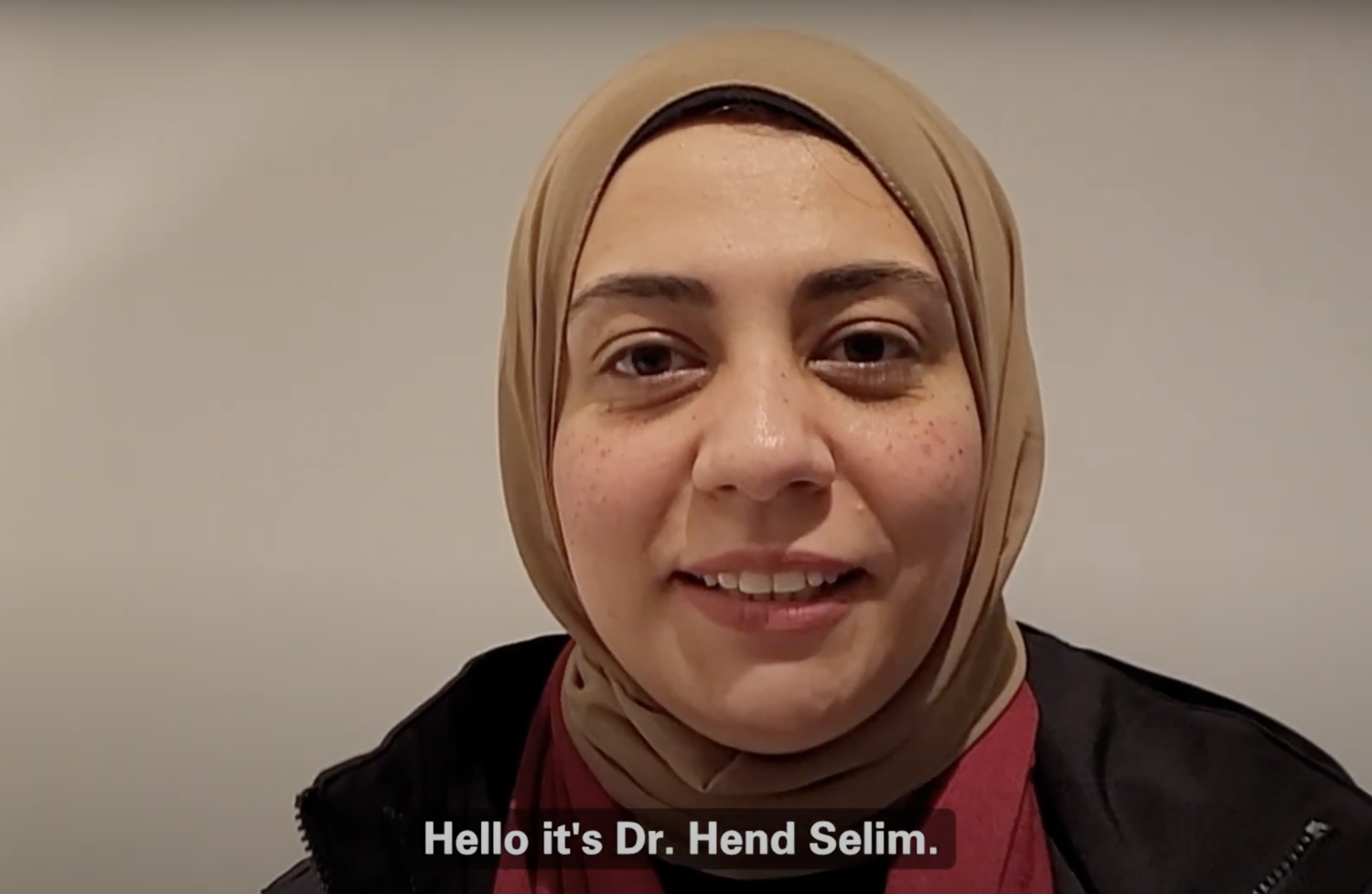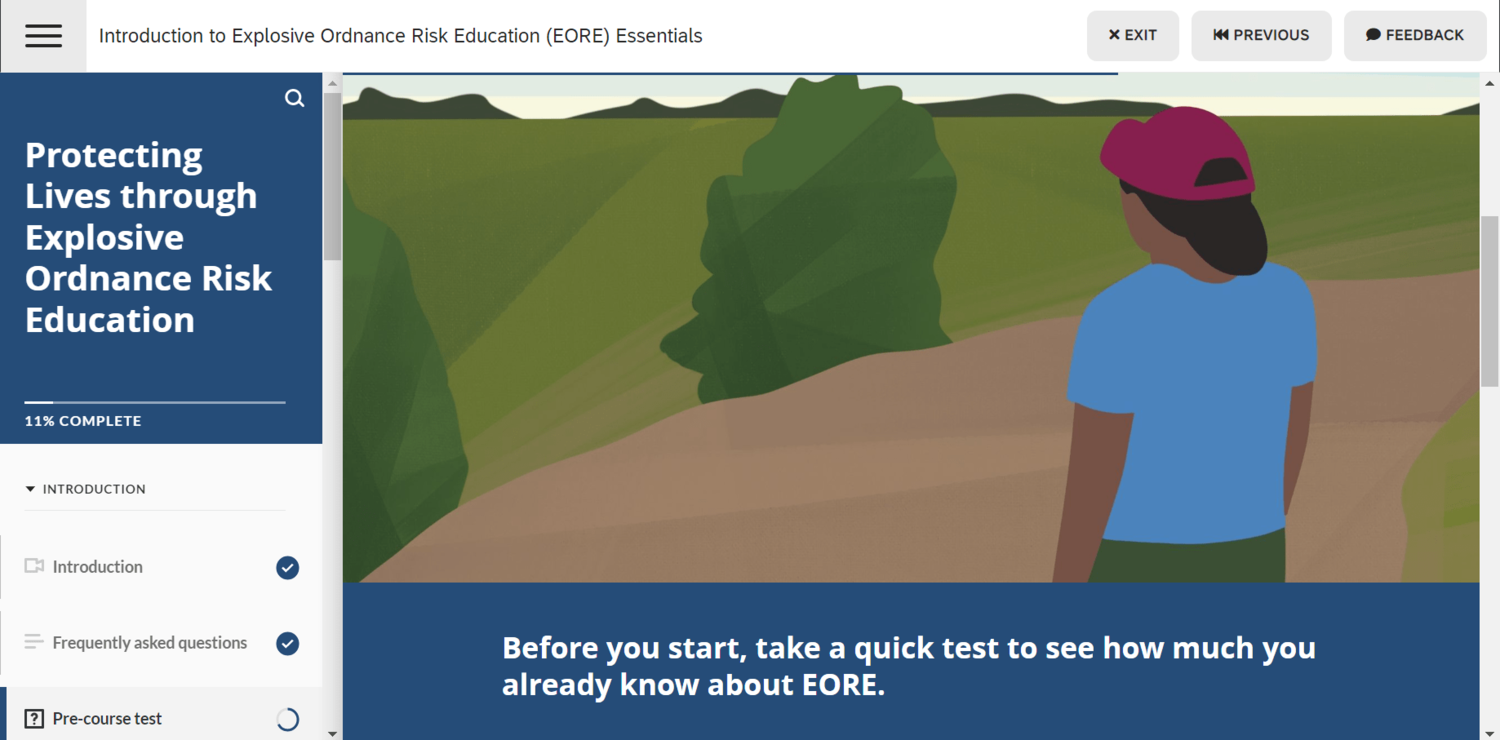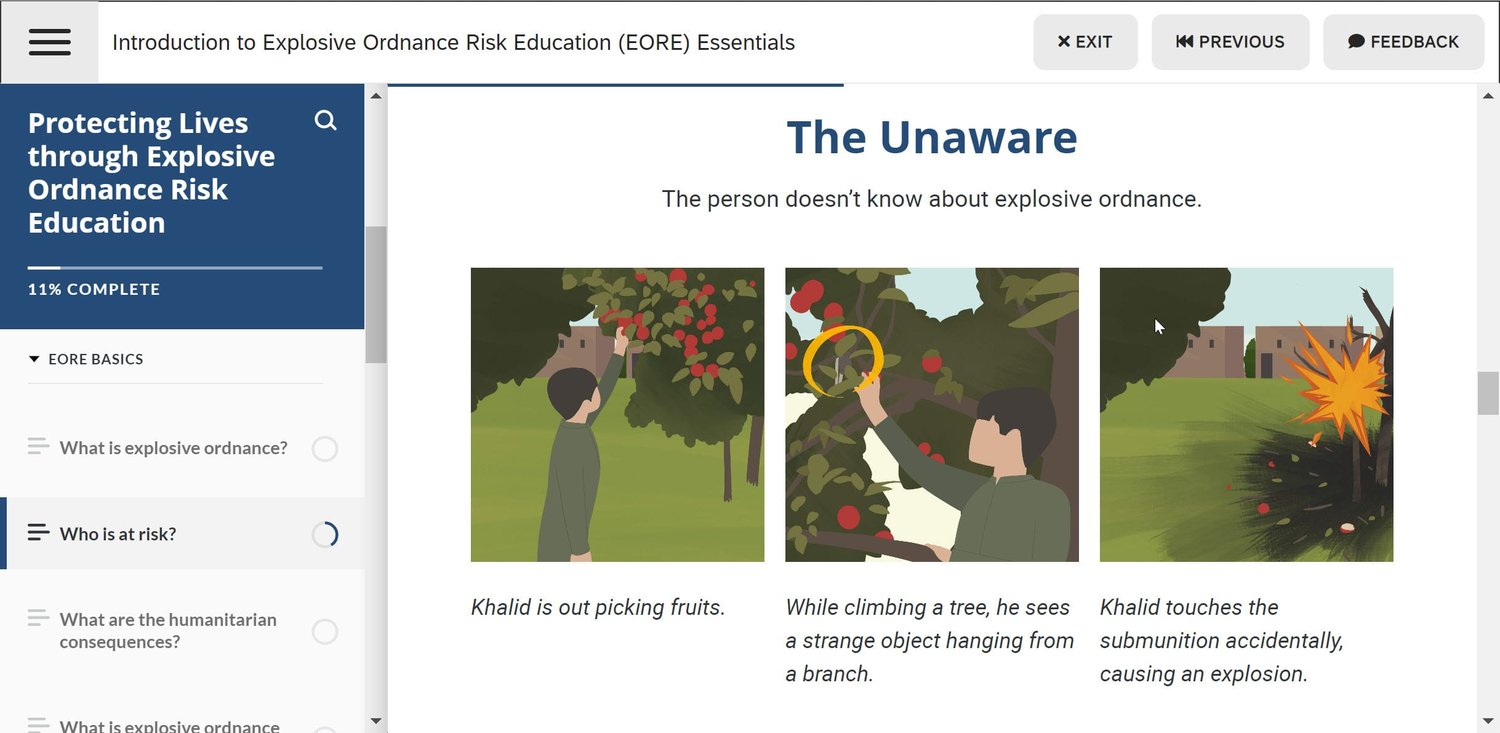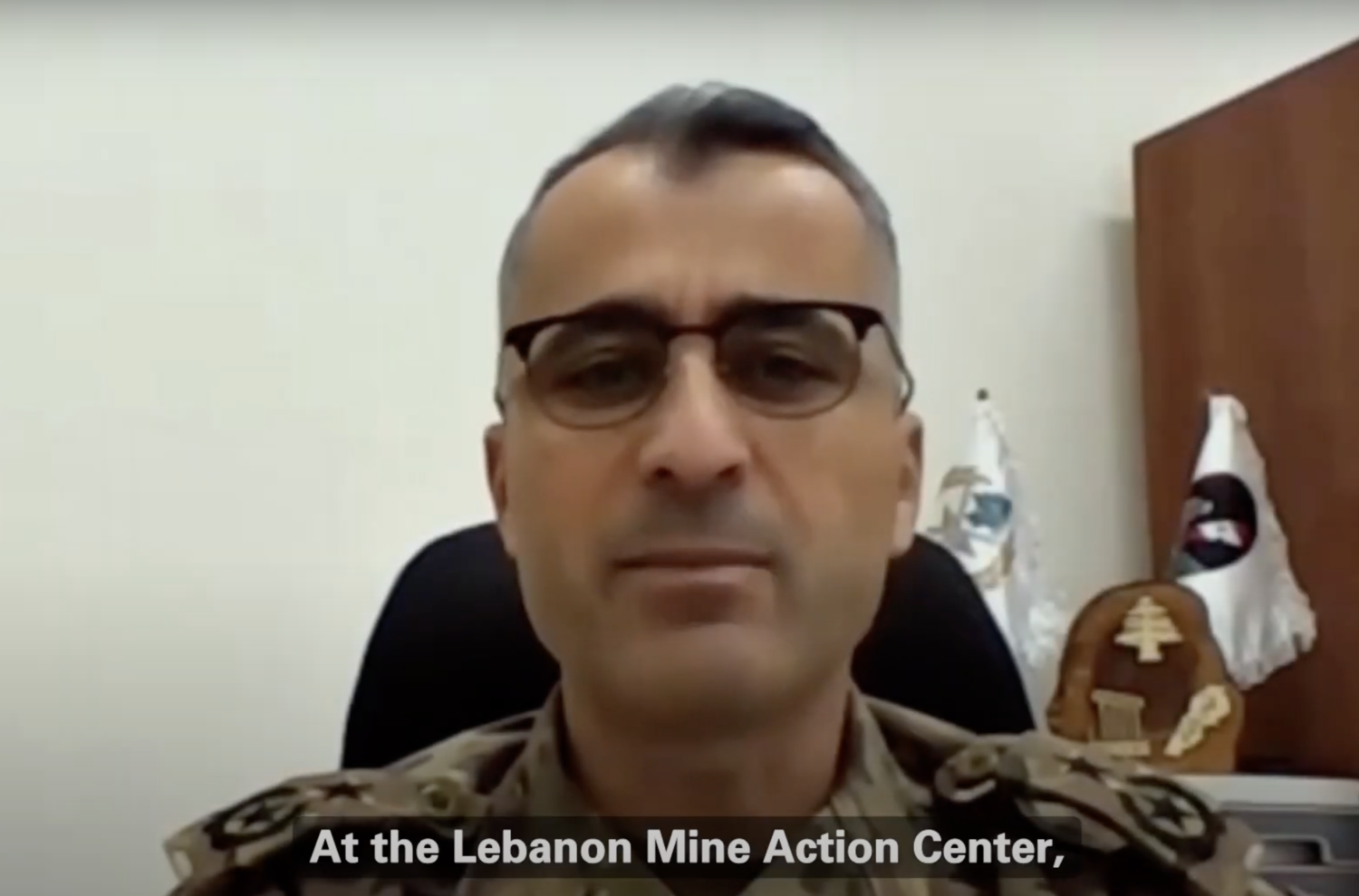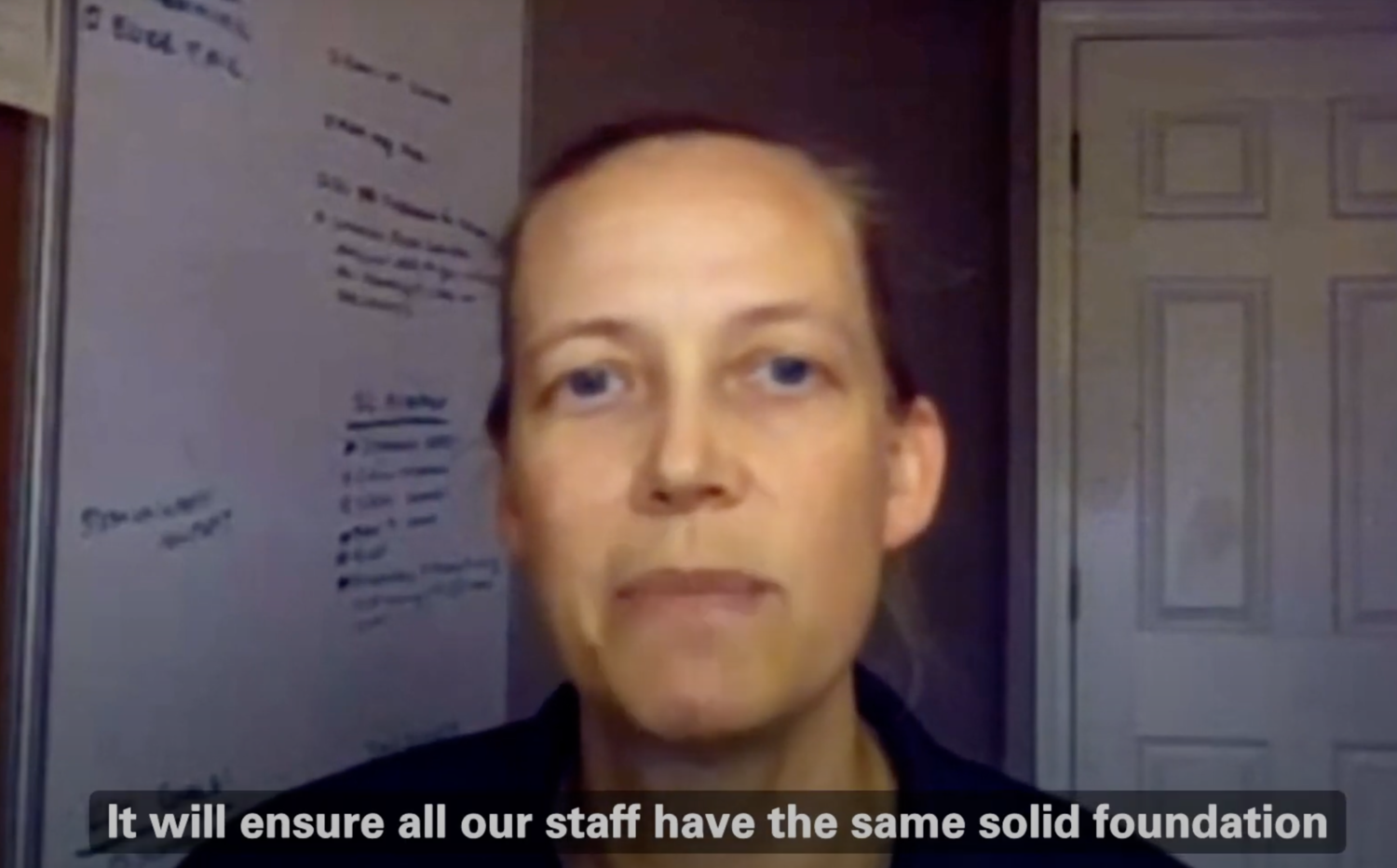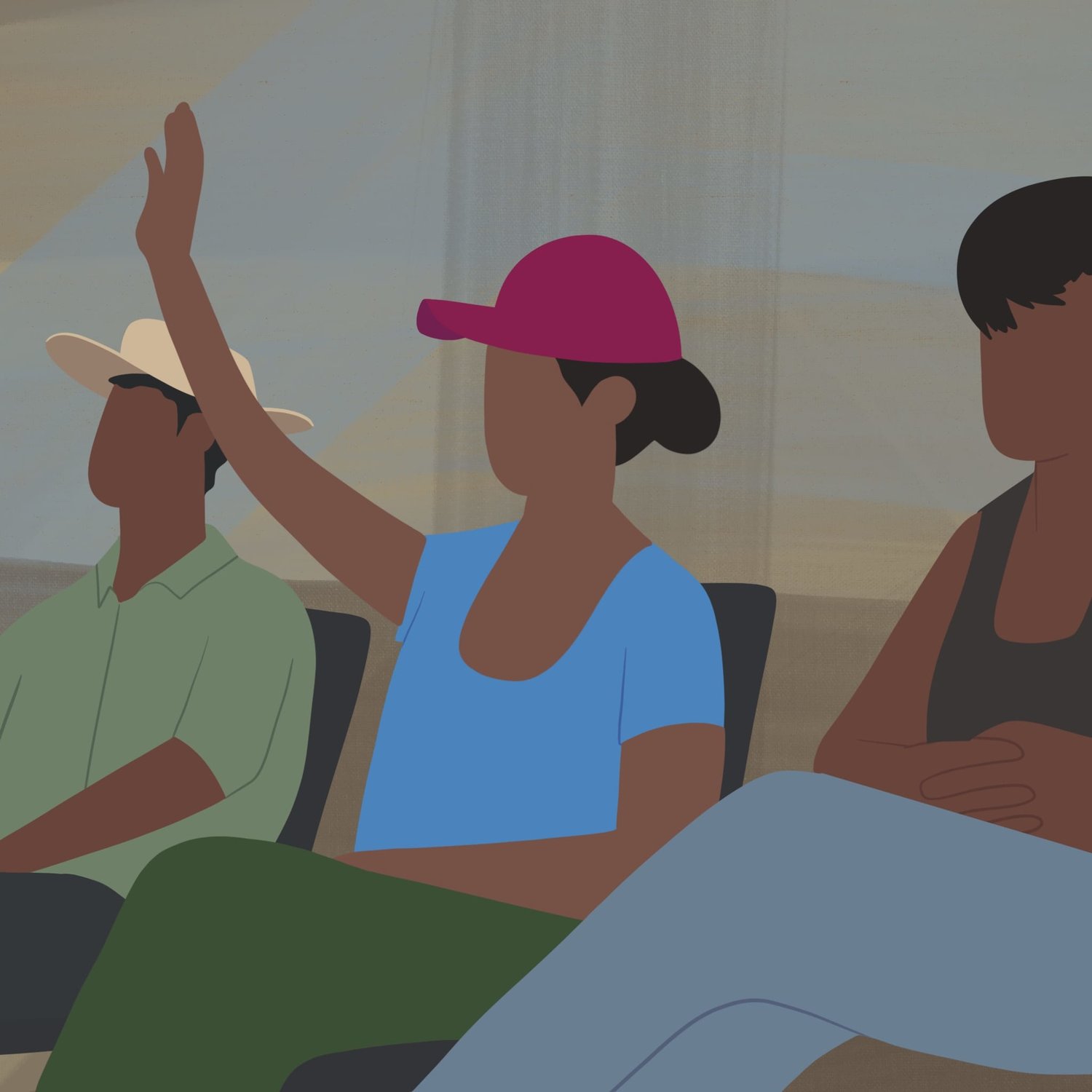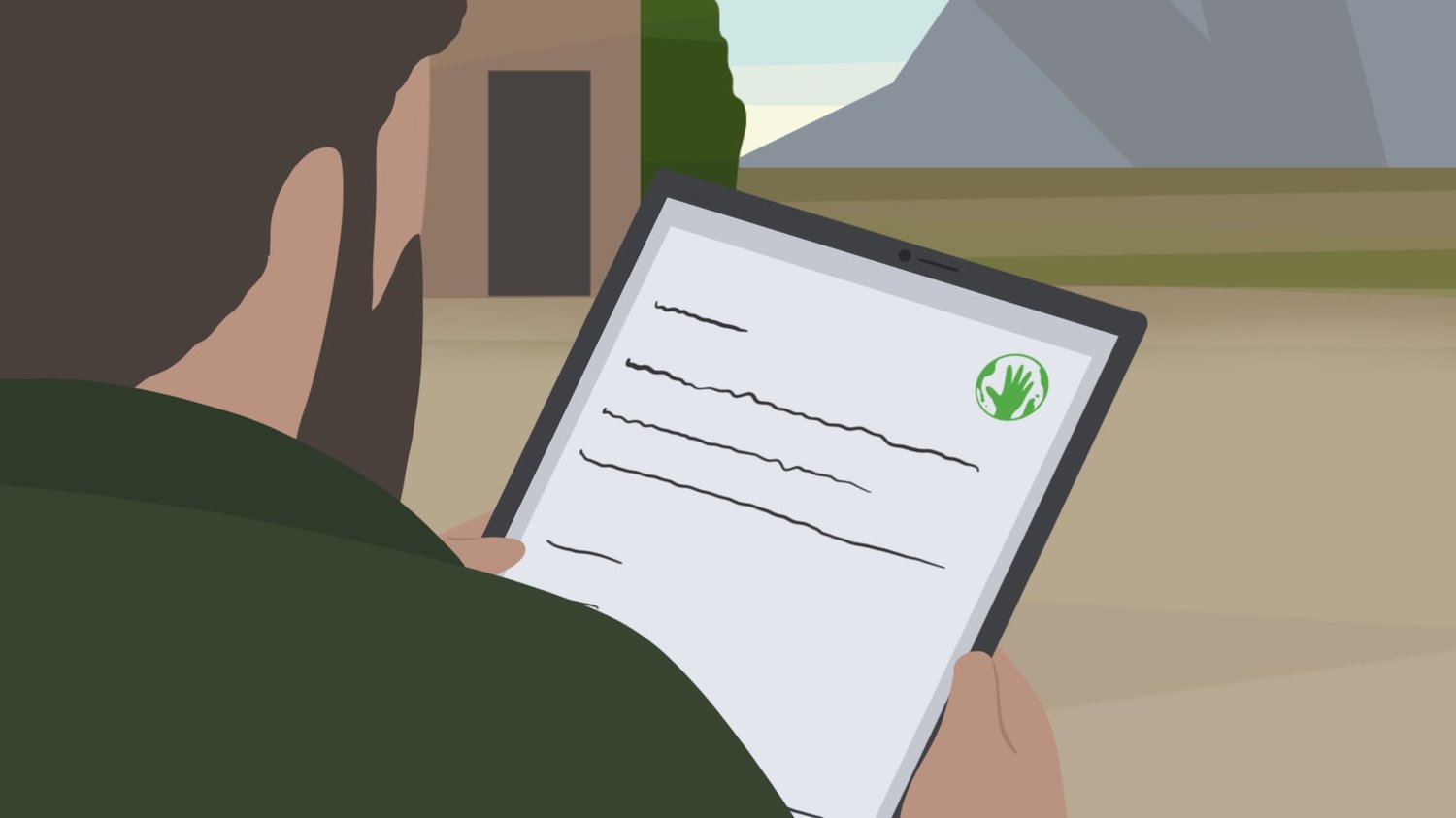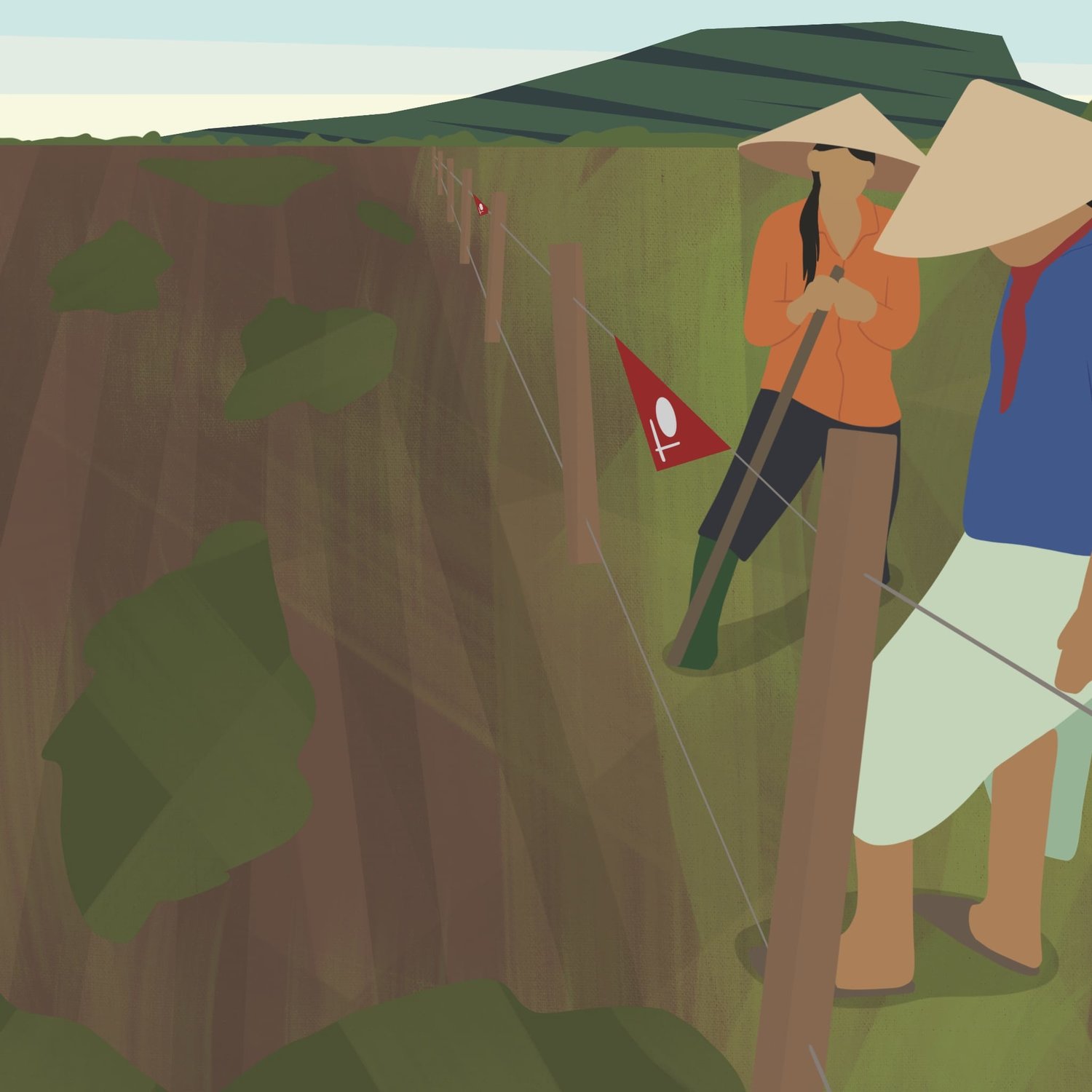Explosive Ordnance Risk Education: Building safer futures through awareness & behavioural change
An estimated 60 million people live with the threat of explosive ordnance, some for decades after conflicts end. Explosive ordnance, such as landmines and unexploded cluster munitions, pose significant risks and claim thousands of lives every year, most of them civilians. There is a powerful tool that can empower civilians to protect themselves with safer behaviours: Explosive Ordnance Risk Education (EORE).
EORE provides people with the vital knowledge needed to recognise, avoid, and report potential explosive ordnance hazards. Based on an understanding of casualty data, the type of contamination, and the mechanisms that drive behaviour of at-risk populations and those that lead to behavioural change, EORE campaigns empower individuals and communities to reduce the risks to themselves and their loved ones.


